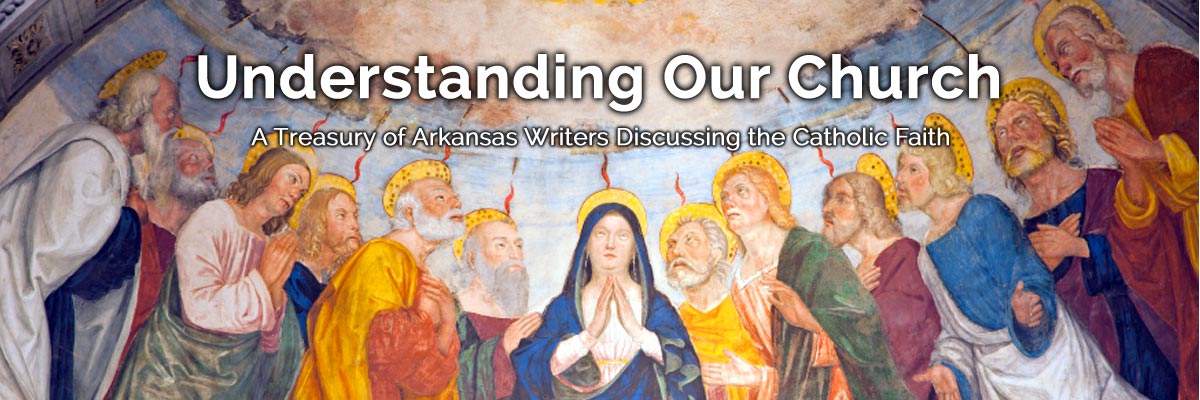Official Website of the
Catholic Diocese of Little Rock
Beatitudes provide ‘ultimate blessedness,’ direction for living
Published: September 24, 2015
By Betsy Wiederkehr Huss
Blessed Sacrament Church, Jonesboro
When you hear the word “beatitude,” my guess is you think of the Bible passage in Matthew 5:3-12 from Jesus’ Sermon on the Mount. Or maybe, you even expand the idea to include Luke 6:20-26, Jesus’ Sermon on the Plain in this Gospel.
But did you know there are beatitudes in the Old Testament as well?
First, let us look at the three parts to a classic New Testament beatitude. You will find the adjective “blessed.” Then, you see the descriptive naming of the person or group who is “blessed.” And finally, you will see the circumstance that assures the “blessedness.”
First, let us look at the three parts to a classic New Testament beatitude. You will find the adjective “blessed.” Then, you see the descriptive naming of the person or group who is “blessed.” And finally, you will see the circumstance that assures the “blessedness.”
For example, Matthew 5:8, “Blessed are the clean of heart, for they will see God.” The blessed persons are the clean of heart and they are blessed because they will see God in the coming kingdom, heaven.
“The beatitudes are at the heart of Jesus’ preaching. They take up the promises made to the chosen people since Abraham. The beatitudes fulfill the promises by ordering them no longer merely to possession of a territory, but to the kingdom of heaven.” (Catechism of the Catholic Church, no. 1716)
There are different words used to translate this idea of “blessed” in the Bible. In the Latin version of the Bible, the Vulgate, produced by St. Jerome in the fourth century, the word “beatus” is used for blessed, fortunate or happy.
In the New Testament beatitudes, the Greek word “makarios” is used. The Hebrew word “asre” is used to begin Old Testament beatitudes.
According to information gathered from the “Little Rock Catholic Study Bible,” “a beatitude is an ancient literary form found in the wisdom literature and psalms of the (Old Testament).”
“Blessed” or “happy” is usually how the Scripture verse begins. One is expressing both a statement and a wish “that God’s blessing be upon the person or object” mentioned.
The following are some Old Testament beatitudes:
- Psalm 1:1 — Blessed is the man who does not walk in the counsel of the wicked, nor stand in the way of sinners, nor sit in company with scoffers.
- Psalm 2:12 — Blessed are all who take refuge in him!
- Psalm 106:3 — Blessed those who do what is right, whose deeds are always just.
- Psalm 112:1 — Blessed the man who fears the LORD, who greatly delights in his commands.
- Proverbs 8:32 — Happy are they who keep my ways.
- Isaiah 56:2 — Happy is the one who does this, whoever holds fast to it: Keeping the Sabbath without profaning it, keeping one’s hand from doing any evil.
So, as followers of Jesus we are called to be disciples and therefore experience conversion of our hearts and minds. Then, in our daily lives we are to live as those seeking his kingdom. We are to be thankful for the gifts we receive from God and eager to use them to demonstrate love for one another and our love for God.
The central thing all beatitudes are to draw us to or to elicit from us is God’s love. These beatitudes are to guide our actions in life through transforming our consciences. And then, through our renewed example of God’s love, we are to help transform society with compassion, justice, wisdom and his love. The Holy Spirit is intricately involved in our ability and motivation to live this call to a Christian life of love.
Authentic Christian discipleship then leads to the ultimate happiness or blessedness of seeing God. Yes — face to face.




